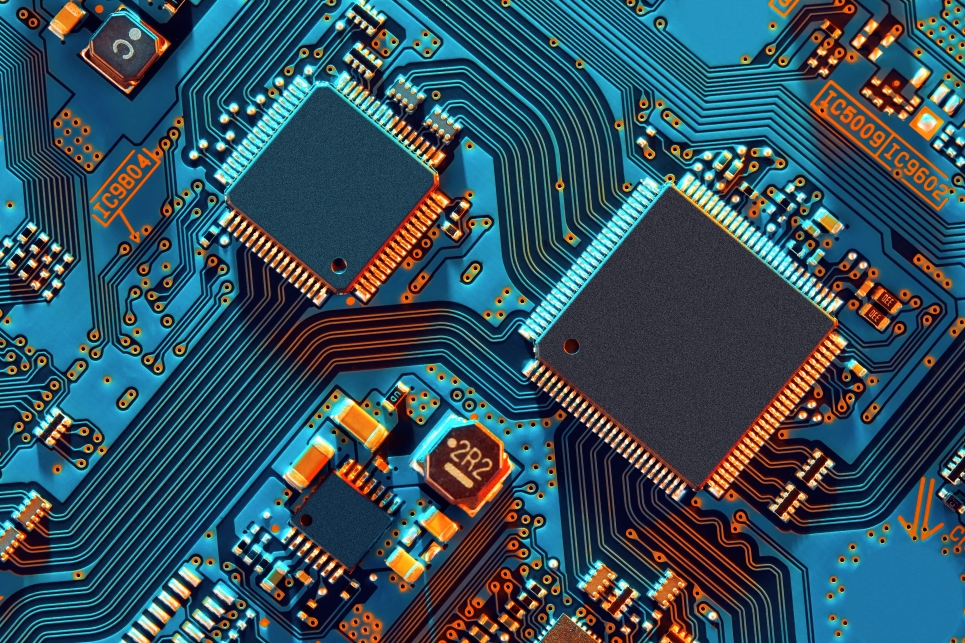
Shutterstock
Abstract: Negative Capacitor and Ferroelectric Field Effect Transistors (NC-FET, FeFET) promise to sustain Moore’s law and support non-von-Neuman computing architectures by reducing the supply voltage (and thereby, self-heating) below the lowest limit achievable by classical transistors and by making memory elements co-integrated with logic transistors. Conceptually, the reduction in supply voltage is achieved by integrating a negative capacitor in the gate-stack; the internal voltage amplification turns a transistor on and off at voltages much lower than previously presumed possible. Unfortunately, the notion of a ‘negative capacitor’, the debate regarding experimental demonstrations, apparent disconnect with equations of classical transistors, etc. make NC-FET and FEFET a mysterious and hard-to-understand addition to device literature. In this talk, I use a simple graphical approach to demystify the device and explain why the experimental results are easy to misinterpret. Since NC-FET and FeFET are special cases of a much broader range of phase-change devices and systems (e.g., transistors, memories, MEMS, logic-in-memory architecture) that operate by tailoring the Landau potential energy landscape, therefore, once these devices are understood, the operation of all other devices would become intuitively obvious as well.
Bio: Professor Alam is the Jai N. Gupta Professor of Electrical Engineering at Purdue University, where his research focuses on fundamental limits of classical- (transistors and solar cells) and emerging- (biosensors, flexible electronics) electronic devices. Before joining Purdue in 2004, Prof. Alam spent a decade in Bell Labs and Agere systems where he made important contributions to the reliability physics of transistors and the design of optoelectronic ICs. He has published more than 350 papers, presented numerous invited and contributed talks, and more than 450,000 students have learned some aspects of the semiconductor devices from his web-enabled courses. He is a fellow of IEEE, APS, and AAAS, and the recipient of the 2006 IEEE Kiyo Tomiyasu Award, 2015 SRC Technical Excellence Award, and 2018 IEEE EDS Education Award, all for fundamental contributions to device technology for communication systems.'